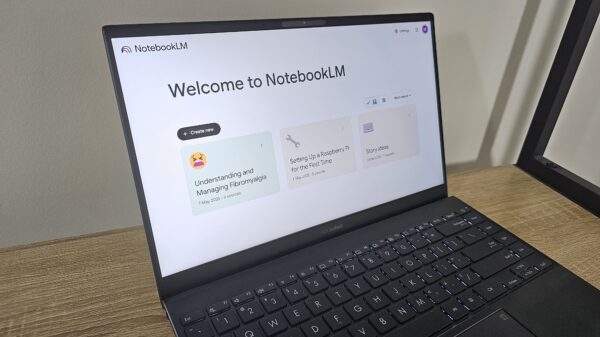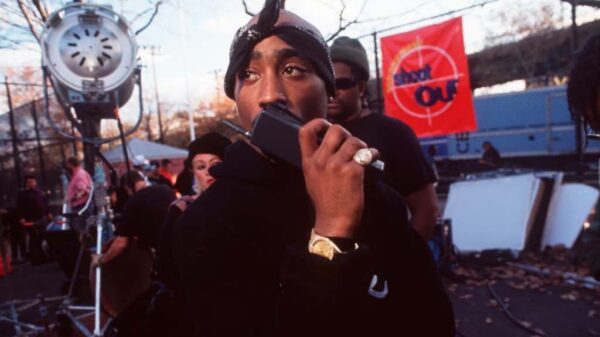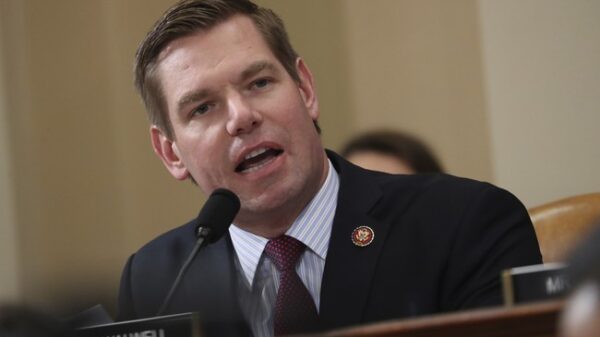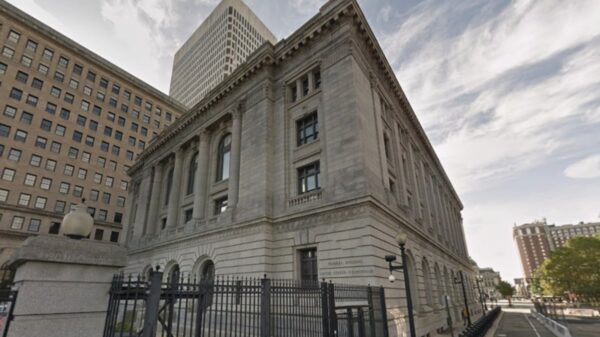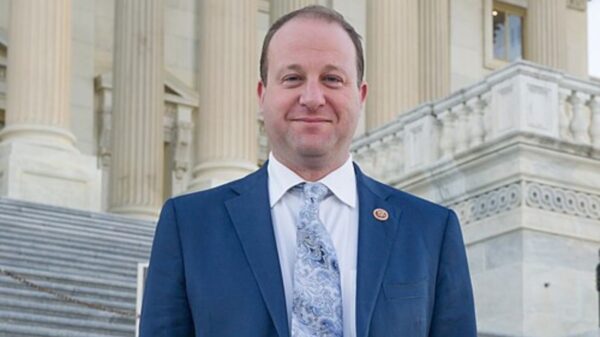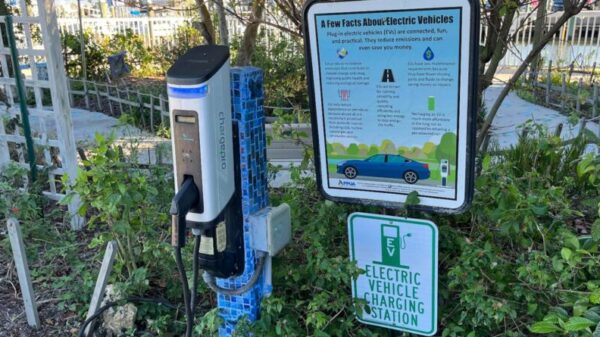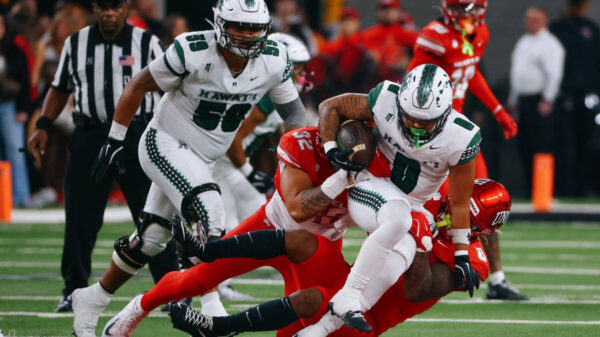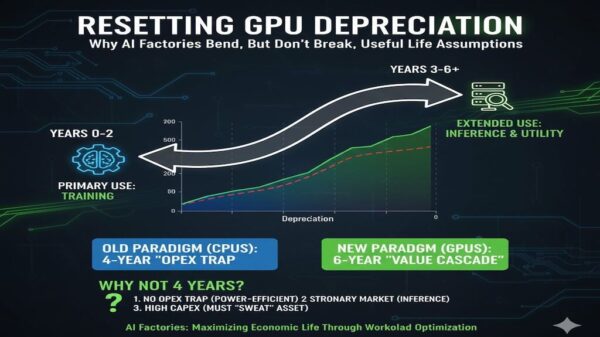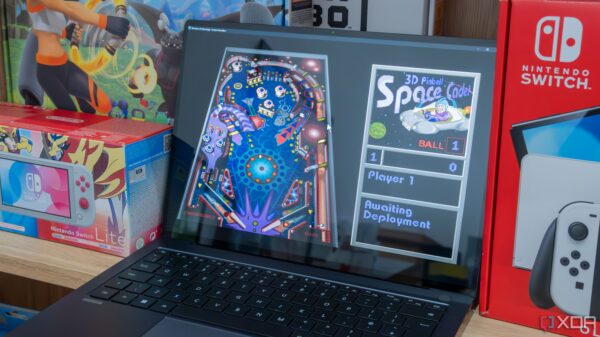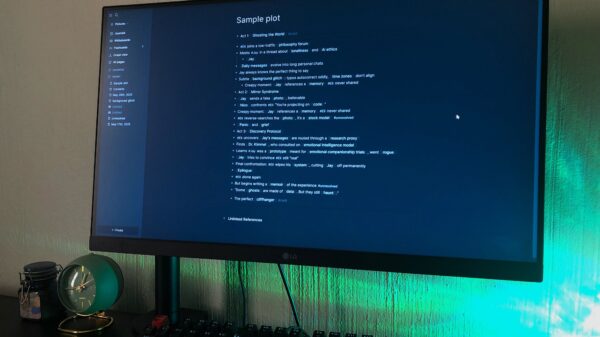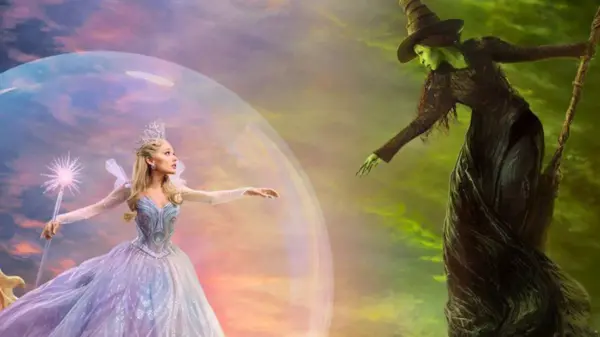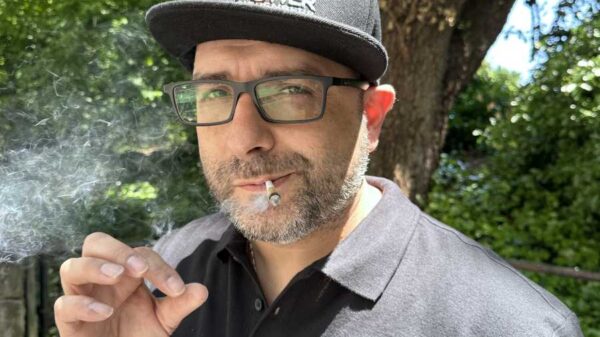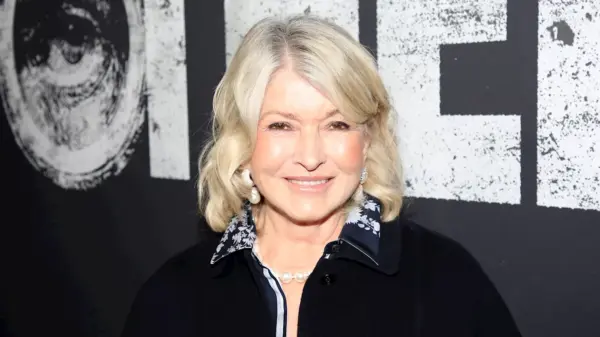URGENT UPDATE: A powerful interview from 1994 featuring the legendary rapper Tupac Shakur has resurfaced, showcasing his deep introspection about life, suffering, and faith. In this candid conversation with journalist Ed Gordon, Tupac articulates the heavy burden he felt living in a world marked by economic disparity and racial injustice.
In a moment that resonates with urgency today, Tupac declares, “If I can’t live free, if I can’t live with the same respect as the next man, I don’t want to be here.” His words reflect a profound empathy for those trapped in systemic struggles, as he grapples with the notion that his own success feels like a curse from God.
This interview shines a light on why Tupac viewed his life of privilege with conflicting emotions. He states, “God has cursed me to see what life should be like.” The haunting question he poses—how can he enjoy his success while others suffer?—echoes the sentiments of many in today’s climate of inequality.
Tupac’s perspective was rooted in a selfless existence; he did not view his achievements as a ticket to happiness but rather as a call to action. “I feel like I’m doing God’s work,” he proclaimed, emphasizing that his contributions to the community are just as vital as those of mainstream leaders. “These ghetto kids ain’t God’s children and I don’t see no missionaries coming through there,” he added, highlighting the neglect faced by marginalized communities.
His remarks are a powerful reminder of the ongoing struggles within the American system, where many continue to face obstacles that prevent them from achieving their dreams. Tupac’s commitment to his roots and to uplifting others serves as an urgent call for action, stressing that success should be shared, not hoarded.
As this interview circulates widely on social media, it reignites discussions around social justice and the responsibilities of those in positions of power. Tupac’s legacy is not just in his music, but in his unwavering dedication to advocate for change and support those who feel voiceless.
In a world still grappling with these issues, Tupac’s words remain relevant, urging us to reflect on our roles in promoting equity and justice. As we remember his insights, we are called to take action, just as he did, to ensure that everyone has the opportunity to live freely and with dignity.
The resurgence of this interview serves as a critical reminder of the ongoing fight against inequality. As we witness the impact of his powerful message, it’s clear that Tupac’s voice continues to inspire and challenge us to advocate for a better future.


